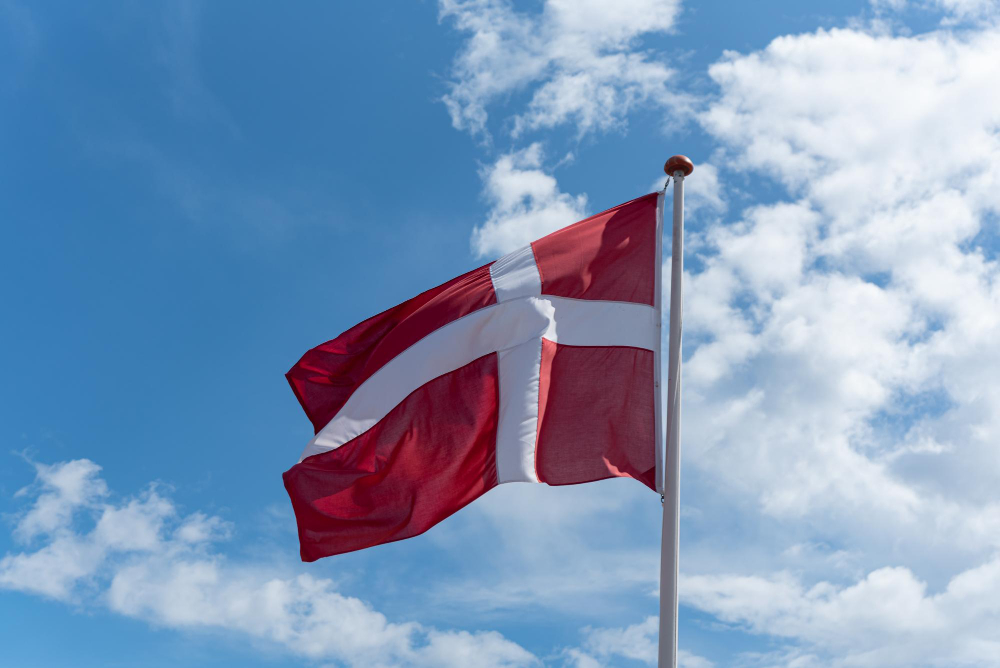Denmark Seeks to Eliminate Rule Granting Residence Permits to Rejected Asylum Seekers
Key Takeaways:
1. Rejected asylum seekers may soon lose the right to obtain residence permits in Denmark.
2. Currently, foreigners who receive a negative decision on their asylum application are allowed to stay for another 18 months, during which they can secure residence permits.
3. Between 2016 and 2024, only 18 residence permits were granted under this rule.
The Danish government is considering abolishing a rule that permits rejected asylum seekers to remain in the country for 18 months after receiving their decision, during which they could be granted residence permits.
According to a statement from the Ministry of Immigration and Integration, while such cases are rare, the rule allowing rejected asylum seekers who cannot return to their home countries to obtain residence permits could soon be eliminated.
"This is an expensive scheme to manage, especially considering the very few permits that are granted. These are individuals whose asylum applications have been fully processed and do not require protection. They have no right to remain in Denmark."
— Kaare Dybvad Bek, Immigration Minister
Immigration Ministry Proposes Ending the Rule
The ministry has announced its intention to formally propose scrapping the rule. The proposal will go through a public hearing and a parliamentary vote.
Even if the rule is removed, the government will still be required to issue residence permits in certain exceptional cases.
"This isn’t a dramatic shift in immigration policy, but I believe it’s the right move. It also reduces bureaucracy, saving resources."
— Kaare Dybvad Bek, Immigration Minister
According to ministry data, only 18 residence permits were granted under this scheme between 2016 and 2024.
Denmark Received 900 Asylum Applications in Early 2024
In the first five months of 2024, Denmark received 900 asylum applications, which is 36.2 per cent of the total number filed in 2023 (2,482). Denmark ranks 23rd among EU countries in asylum applications per capita.
The majority of applicants in 2023 were from Syria, Afghanistan, Eritrea, Russia, and Iran. Around nine per cent of the asylum seekers were unaccompanied minors. Meanwhile, 72 per cent of applicants received positive responses, with 24 per cent already granted residence permits.

